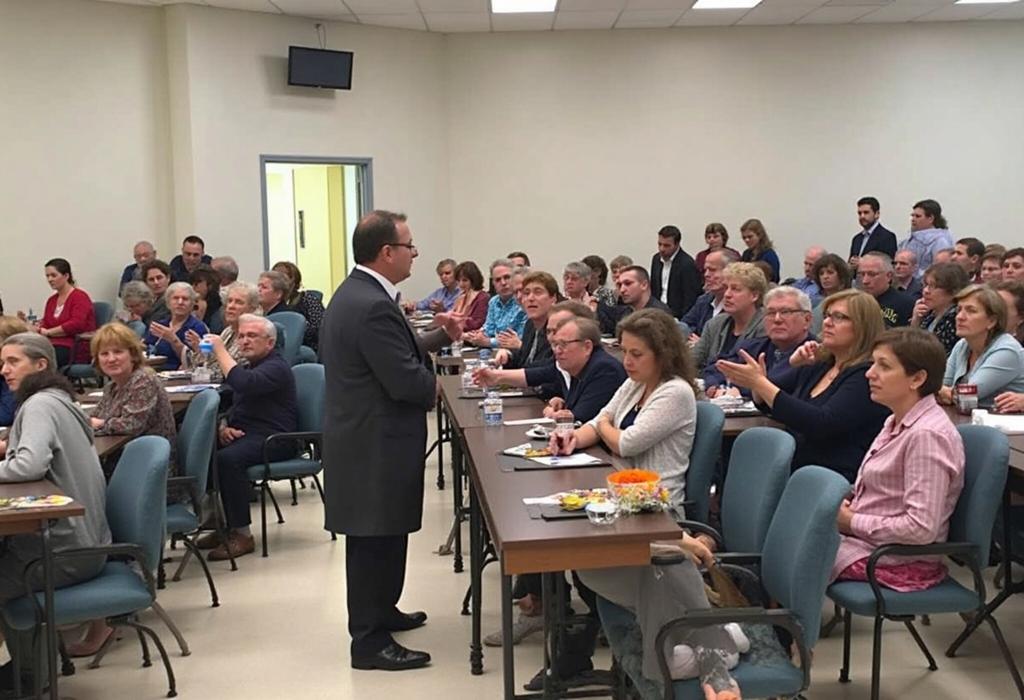The 30th Anniversary Remembrance Ceremony for the 1995 Oklahoma City bombing brought significant commemorative efforts to the forefront. Former President Bill Clinton, who was in office at the time of the tragedy, delivered a keynote address that struck a chord not only with those present but also resonated with the wider public facing today's divisive political landscape. Clinton’s reflection on how the events of that fateful day impacted the nation sheds light on the continuing need for unity and understanding. The Oklahoma City bombing, which resulted in the loss of 168 lives, including 19 children, remains a pivotal moment in American history, representing the dangers of political extremism and violence.
During the ceremony, Clinton recalled his initial response, emphasizing the importance of resilience and community support in the aftermath of the attack. He encouraged attendees to remember the 'Oklahoma Standard,' a principle focusing on service and kindness that emerged in the wake of the tragedy. This message is particularly relevant today as America grapples with polarization and violence, raising questions about societal responsibility and individual action.
Additionally, the incident involving a woman who momentarily disrupted the ceremony by asking for help underscores a broader dialogue about mental health and personal crises—issues that can stem from societal and political pressures. While police quickly handled the situation, the lack of information following the incident reflects a need for increased awareness and resources for individuals dealing with personal turmoil, especially during highly emotional public events.
Kari Watkins, president and CEO of the memorial, pointed out that it is crucial to educate younger generations about the impact of such violence. This commitment to remembrance through education is essential, as it fosters understanding and empathy in schools—ensuring that the lessons of past tragedies are not lost to time.
Despite the heavy rains that forced a move of the ceremony indoors, the symbolic gestures, including a procession to the outdoor memorial, highlighted a community united in grief and remembrance. The memorial's design—featuring 168 empty chairs for each victim—serves as a poignant reminder of lives interrupted by hatred and violence, reinforcing the need for ongoing discussion about political radicalism and its consequences.
In summary, the ceremony was not just a remembrance but also a clarion call for reflection on current societal issues, urging that, in the memory of those lost, we strive for a more compassionate and understanding society.
AD
AD
AD
AD
Bias Analysis
Bias Score:
25/100
Neutral
Biased
This news has been analyzed from 18 different sources.
Bias Assessment: The article presents information in a factual and balanced manner, highlighting both the commemorative elements of the event and current societal issues without overtly promoting a specific political agenda. The mention of Clinton's remarks and the context of the woman's interruption provides insight into various dimensions of the ceremony, although some language can evoke emotional responses. Hence, it maintains a relatively low bias score.
Key Questions About This Article




